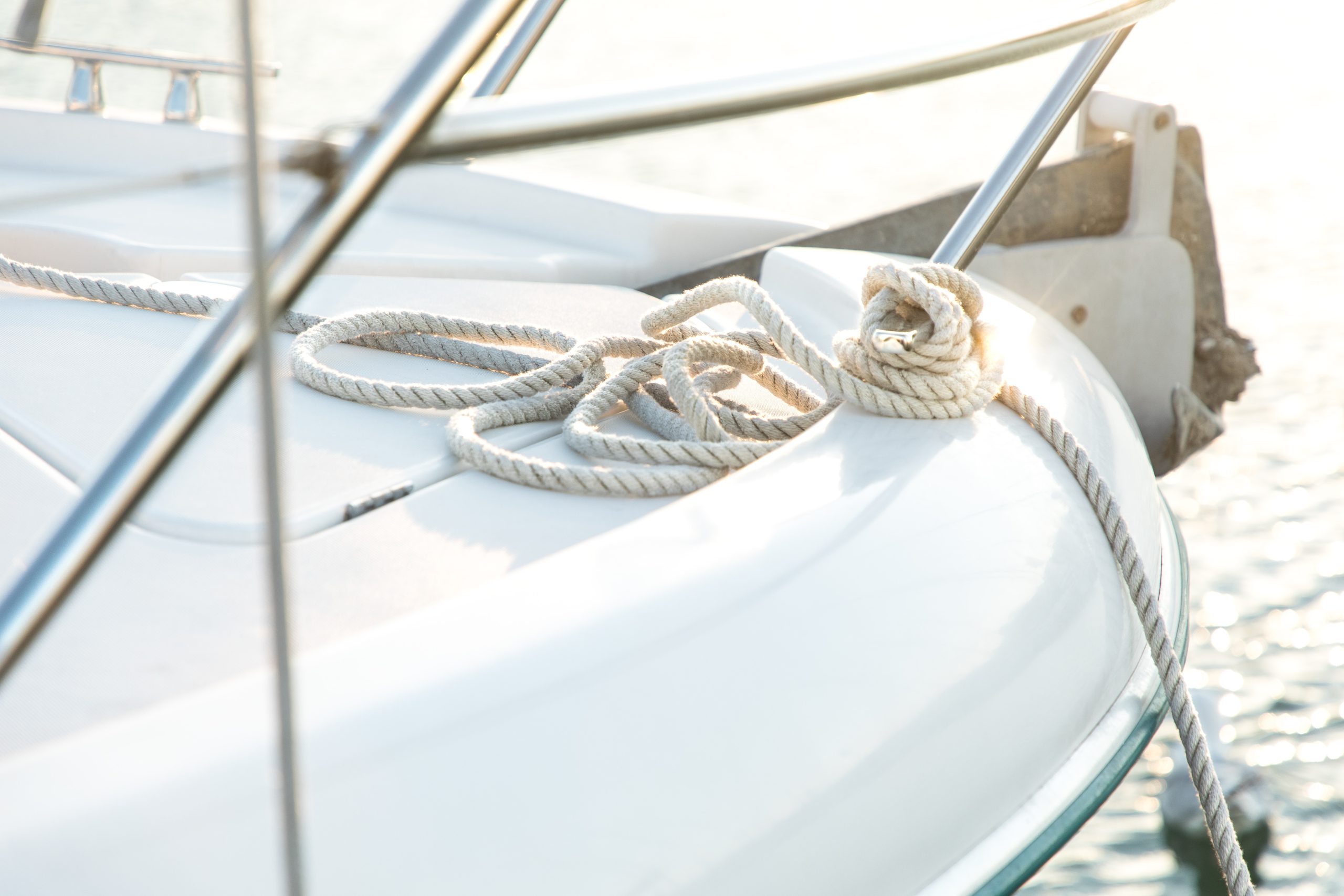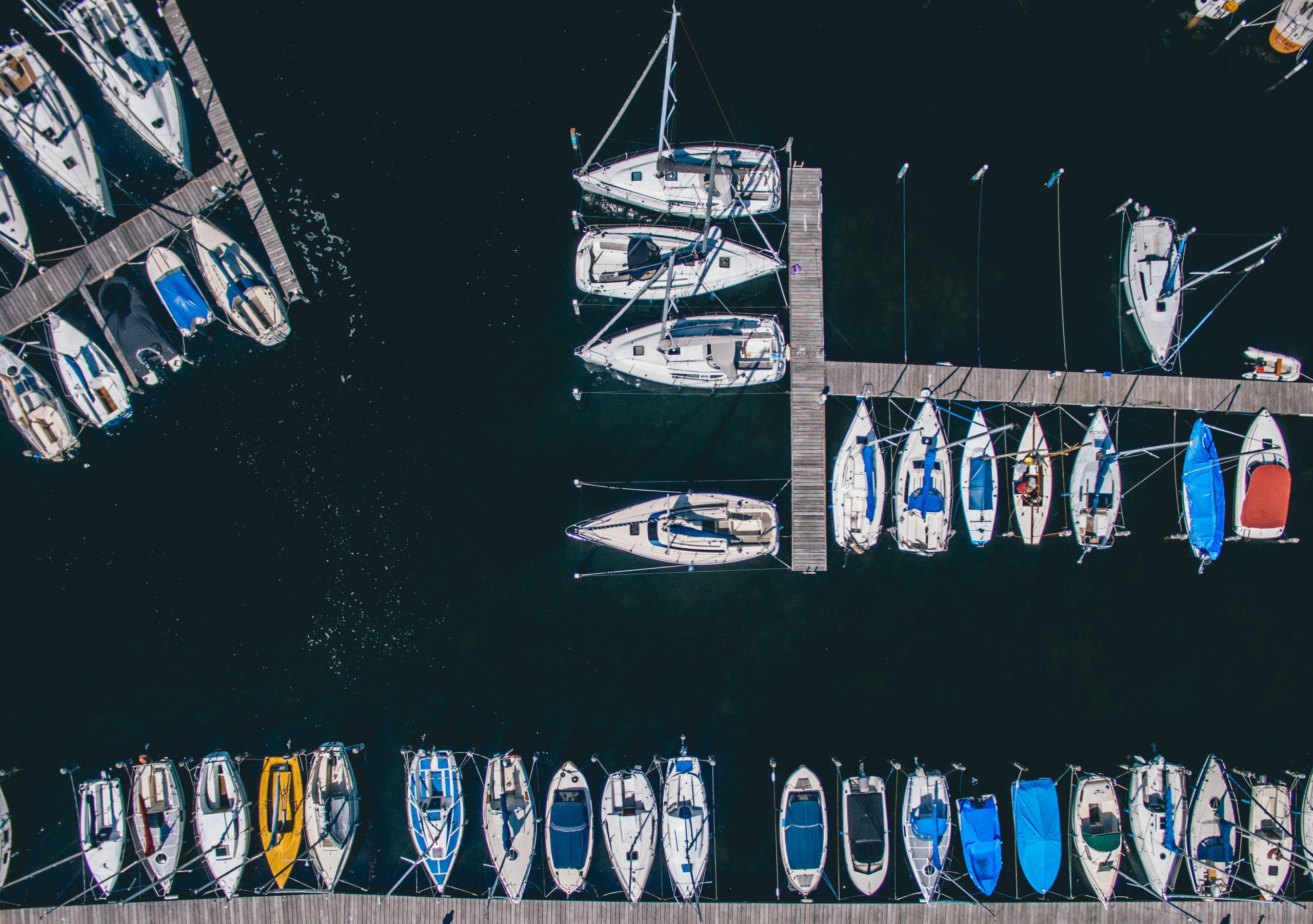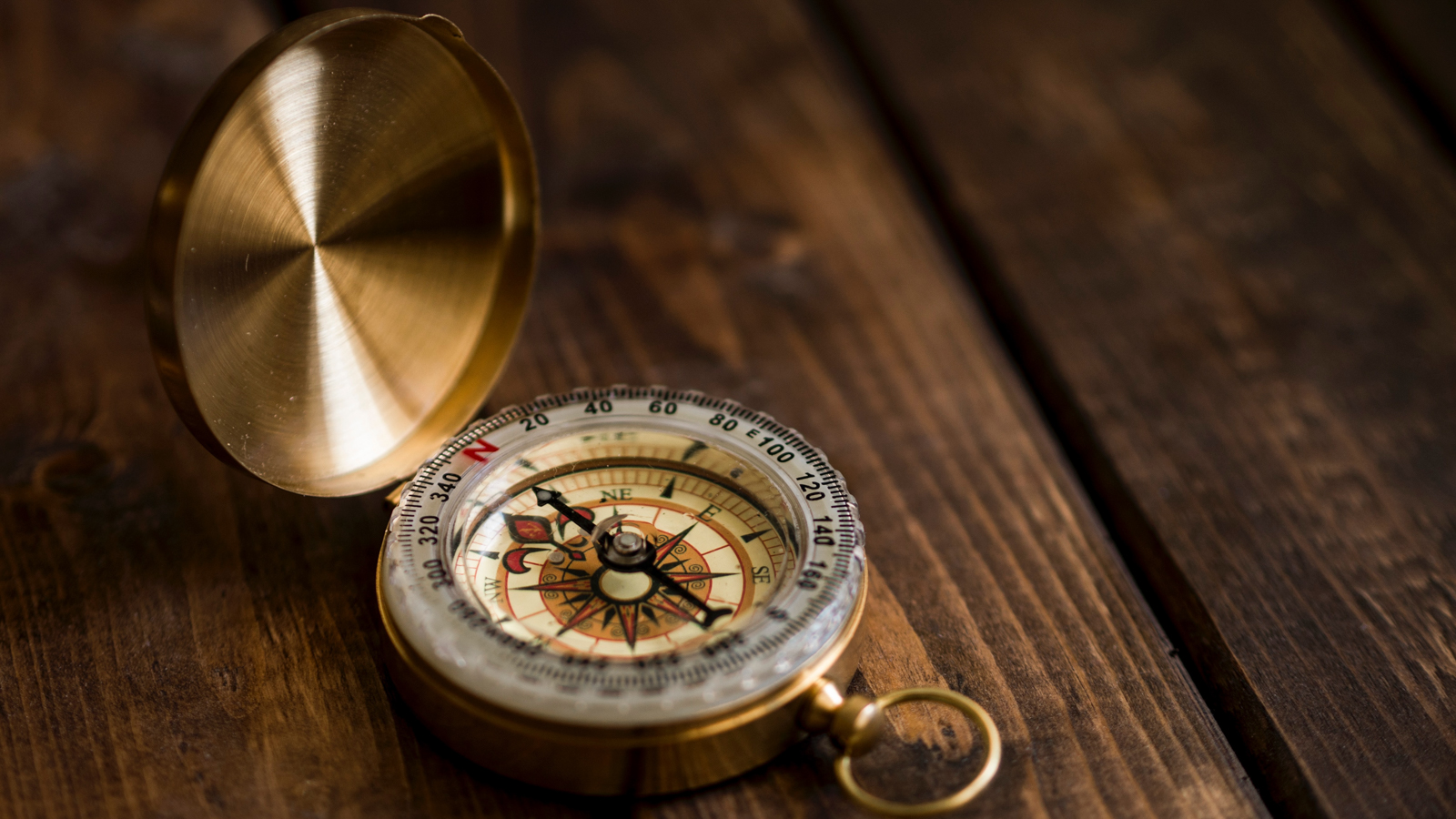The word etiquette, as is known, refers to the set of good manners that regulate relationships between people. There are various “etiquettes”: table etiquette, dress etiquette, and so on: it all began in 1550 with the treatise “Galateo or On Manners” written by Monsignor Giovanni Della Casa, who dedicated himself to putting the “rules of good manners” in writing. Here, we will discuss

Boat etiquette: 10 rules to keep in mind
- Educating the crew: the first rule of boat etiquette, in our opinion, must be directed at the captain. Their primary task should be to educate the crew, whether small or large. But what does it mean to educate the people who will be aboard the boat for a short excursion or a long cruise? Certainly, some etiquette rules can be presented, but it’s especially important to explain
what to do in case of emergency, the location of life jackets, and so on. It’s also important to explain to those who will be aboard if and how they can help during maneuvers – for example, positioning the fenders during mooring in the marina – or at least how they can avoid being disruptive during these delicate phases! - Right of way and space: we’re still addressing the captain, who during navigation should always remember that the sea belongs to everyone, and that a wrong maneuver can turn into a dangerous accident. First of all, it’s necessary to respect right of way, remembering the rules of ColReg (Convention on the international regulation for preventing collisions at sea) studied when taking the boating license exam; secondly, beyond the concrete risk of collisions, it’s important to respect the space of other boats.
- Watch your wake: what does it mean to watch your wake? Simple: it’s necessary to think about what will happen after we pass, knowing that our boat’s wake can create problems for vessels or canoeists. Therefore, when there are others at sea, it’s important to pay attention to the possible indirect impacts of our passage.
- Never refuse to help: an unwritten rule in navigation is to always offer your help when you spot vessels in difficulty. This doesn’t only mean helping in case of actual danger: think about a fouled anchor, an engine that’s run dry, and so on.
- No water pollution: it’s obvious, but it’s always better to remember: we should never pollute the nature around us. Just as we don’t throw waste in our home garden, we shouldn’t do it on mountain trails and, in our case, at sea. Waste, even the smallest items, must be brought back to land, knowing that today’s level of pollution in our seas is already alarming.
- Minimal space occupation: this is a boat etiquette rule that’s especially directed at guests, who might take the issue of space occupation aboard too “lightly.” Unless it’s a particularly luxurious and spacious yacht, it’s always important to remember that surface area and volume aboard are always very limited. Luggage must be kept to a minimum, preferring soft bags that, once emptied, won’t take up space: rigid trolley cases are absolutely to be avoided!
- Fresh water is precious: some people aboard only have the little fresh water contained in bottles stored in the boat’s refrigerator, while others have tanks full of fresh water to supply the plumbing system for the toilet and shower. In all cases, water aboard is inevitably limited and should be used carefully. No long and unnecessary showers, no waste, knowing that until the next marina stop it won’t be possible to get more!
- Drop anchor away from others and imitate neighbors: sometimes, due to location or season, you sail along almost completely deserted routes and coasts, and upon arriving at a particularly charming anchorage, it’s possible to drop anchor almost anywhere – obviously being careful to not damage the seabed; other times you stop in particularly crowded anchorages, as often happens in the most famous “swimming stops” near the most beautiful coves. When possible, maintain an adequate distance from other vessels, trying to imitate their anchoring: this way the wind will move the different boats similarly, reducing the risk of collisions.
- The captain has the final word: this is a rule that everyone should keep well in mind once aboard. Everyone can have an opinion but, in case of discussions, doubts, or conflicts, the captain will always have the final word, serving simultaneously as guide, arbitrator, and mediator.
- Order aboard: aboard, order must always be maintained at a high level. For many reasons: because space, as mentioned, is limited, because an object out of place on deck can end up in the sea or worse,
cause someone to fall overboard , because in disorder it would be more difficult to move quickly in case of emergency, and because an orderly ship is easier to manage and more efficient. Nobody likes to see a boat moving forward dragging lines or fenders!

Boat etiquette in the marina
Today we have covered the rules of etiquette on boats while sailing. We will soon publish a post dedicated to marina etiquette, to see how one should behave respectfully and politely when mooring in a marina, based on direct experiences from our Genoa marina!

